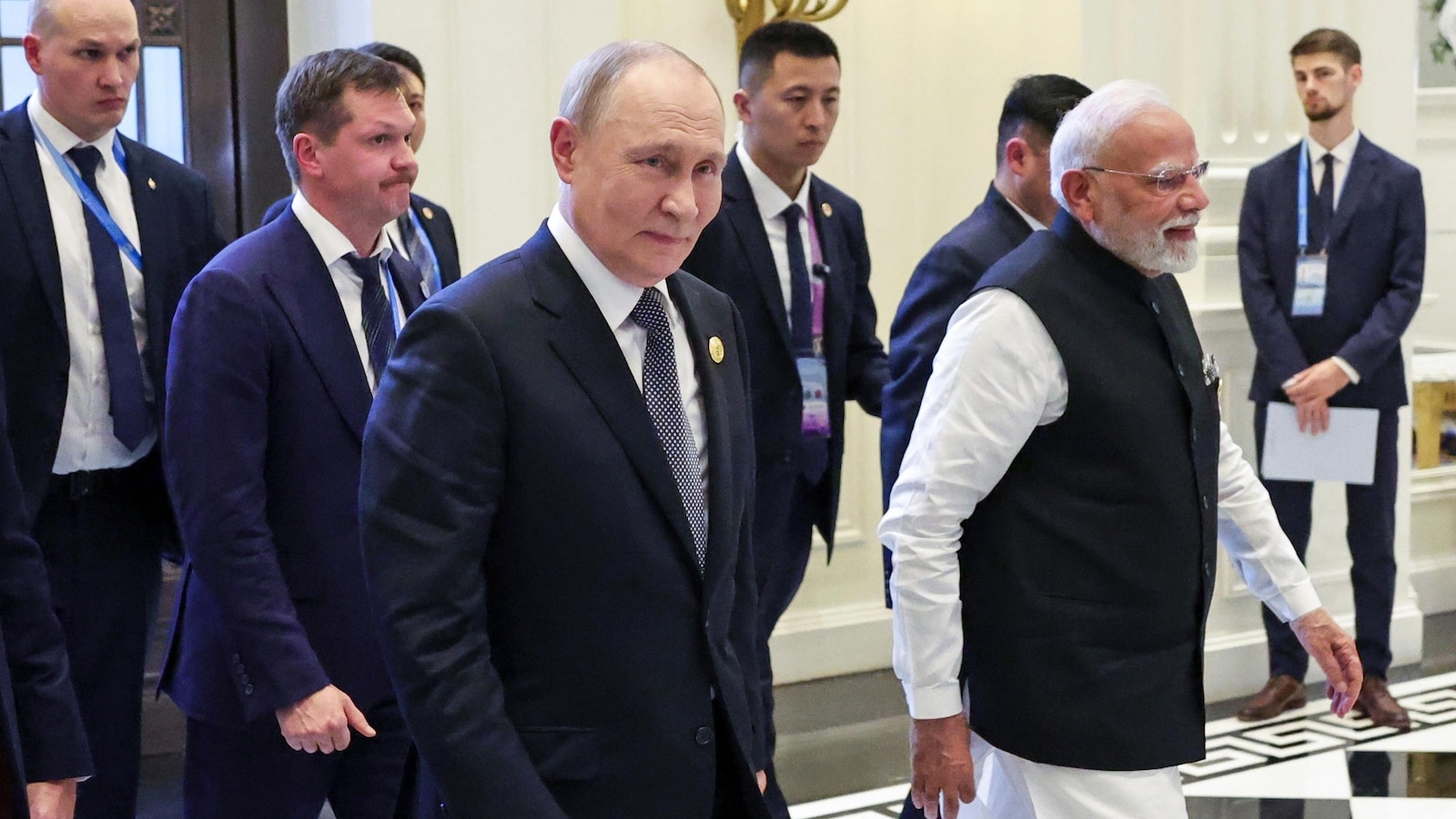Danai Nesta Kupemba
BBC News
A baby boy has been born to an Ohio couple from an embryo that was frozen for more than 30 years, reportedly setting a new world record.
Lindsey, 35, and Tim Pierce, 34, welcomed their son, Thaddeus Daniel Pierce, on Saturday. Ms Pierce told MIT Technology Review her family thought "it's like something from a sci-fi movie".
It is believed to be longest that an embryo has been frozen before resulting in a successful live birth. The previous record-holder was a pair of twins who were born in 2022 from embryos frozen in 1992.
The Pierces had tried to have a child for seven years before they decided to adopt the embryo Linda Archerd, 62, made with her then-husband in 1994 through IVF.
At the time, Ms Archerd initially created four embryos. One become her now-30-year-old daughter, and the other three were left in storage.
Despite separating from her husband, she did not want to get rid of the embryos, donate them for research or give them to another family anonymously.
She said it was important that she was involved with the baby, as they would be related to her adult daughter.
Ms Archerd paid thousands of dollars a year for storage until she found a Christian embryo adoption agency, Nightlight Christian Adoptions, which runs a programme known as Snowflakes. Many of these agencies consider their programmes to be saving lives.
The programme used by Ms Archerd allows donors to choose a couple, meaning they can state religious, racial and nationality preferences.
Ms Archerd's preference was for a married Caucasian, Christian couple living in the US, as she didn't want to "go out of the country", she told MIT Technology Review.
She ultimately matched with the Pierces.
The IVF clinic in Tennessee at which the couple underwent the procedure, Rejoice Fertility, said its aim was to transfer any embryo it received, no matter the age or conditions.
Ms Pierce said she and her husband did not set out to "break any records", but just "wanted to have a baby".
Ms Archerd told MIT Technology Review she had not met the baby in person yet, but could already see a resemblance with her daughter.

 1 month ago
16
1 month ago
16










 English (US) ·
English (US) ·